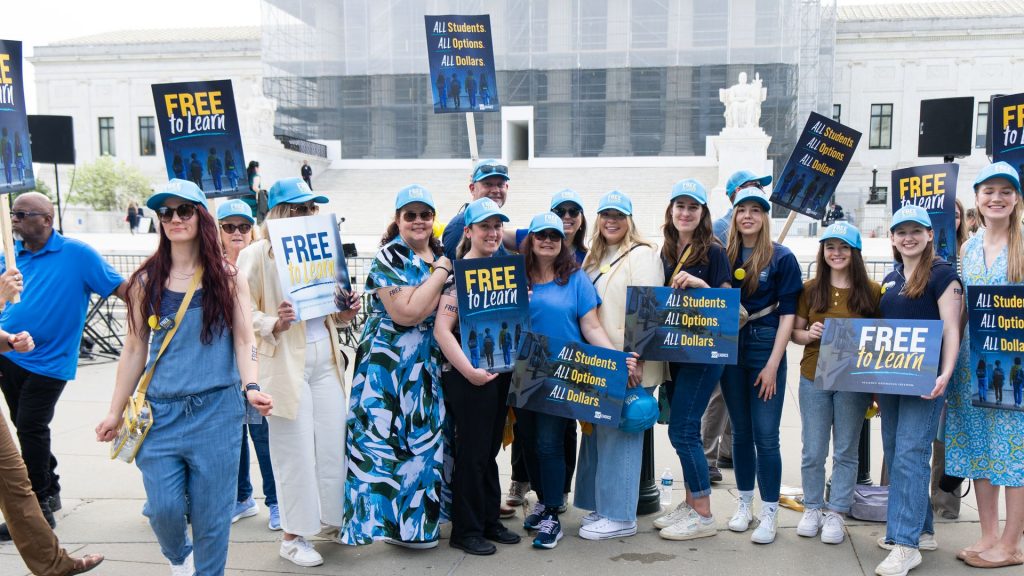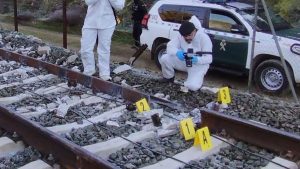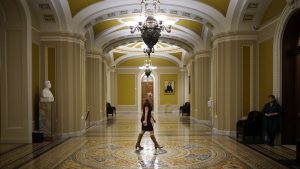Supreme Court will decide fate of nation’s first religious charter school

The Supreme Court will determine the future of the only religious charter school in the country. Eight justices heard oral arguments Wednesday, April 30, in a case where Chief Justice John Roberts could be the swing vote.
What is the history of this case?
The Oklahoma charter school board granted St. Isidore of Seville Catholic Virtual School a contract in 2023. The state’s attorney general asked the Oklahoma Supreme Court to nullify the contract and it did. The court ruled the school is a government entity and that the state would be funding a Catholic curriculum.
What is SCOTUS considering?
The Supreme Court justices will decide whether St. Isidore is a public school or a private school with public funding. If it is a public school, its religious teachings would be considered state-sanctioned and therefore unconstitutional.
Attorneys for St. Isidore said the school is not representing the government, nor is it a state actor — it’s private, and everyone who attends chooses to be there.
Unbiased. Straight Facts.TM
45 states plus D.C. have charter school programs, according to the National Charter School Research Center. Each state requires charter schools to be non-sectarian.
“There’s no state creation here because Saint Isidore was established by two private Catholic organizations, and they applied to participate in a program. They built their own charter school program,” James Campbell from the Alliance Defending Freedom said. “Nor is there government control here because Saint Isidore is operated by a privately selected board.”
Attorneys representing Oklahoma’s attorney general, who sued to stop St. Isidore to cancel the school’s contract, argue all charter schools are public schools by default because federal law and 47 states require them to be.
“They’re free, open to all, funded by taxpayers, controlled by the state with respect to their curriculum,” attorney Gregory Garre stated.
What’s at stake?
If the Supreme Court rules in favor of St. Isidore, both the solicitor general and attorneys for Oklahoma’s attorney general agreed it would render at least part of the nation’s laws governing the federal charter school program unconstitutional because they all require the schools to be public and non-sectarian.
How do the justices appear?
The conservative justices appear ready to rule in favor of St. Isidore.
“When you have a program that’s open to all comers except religion — ‘No, we can’t do that. We can do everything else.’ That seems like rank discrimination against religion and that’s the concern that I think you need to deal with here,” Justice Brett Kavanaugh said.
The liberal justices asked questions more critical of St. Isidore. Justice Sonia Sotomayor countered attorneys who said there is historical precedent for the government funding institutions with a religious affiliation.
“Using history, in this case, is so crazy,” Sotomayor said. “We don’t use the history of segregation to interpret the Equal Protection Clause now. I doubt very much we would use that history of the federal government funding the churches to teach Indian children and convert them as proving anything about the free exercise or Establishment Clause now.”
Tie goes to the runner
Chief Justice John Roberts’ questions and comments went both ways. If he decides against St. Isidore, the case would end in a 4-4 tie, and the Oklahoma Supreme Court’s decision nullifying the school’s contract will stand.
Justice Amy Coney Barrett recused herself. She did not say why, but St. Isidore is represented by the religious liberty clinic at Notre Dame Law School, where she taught for 15 years.





